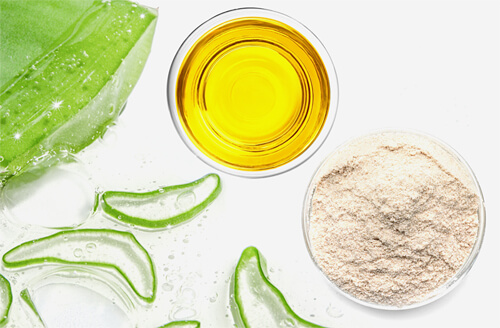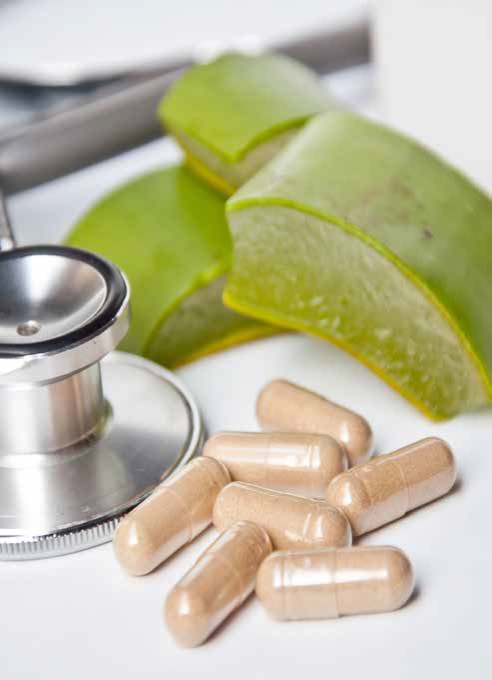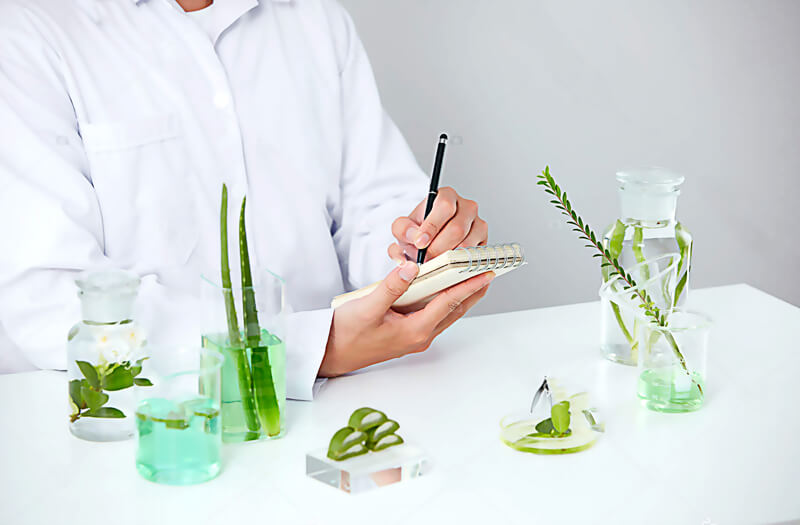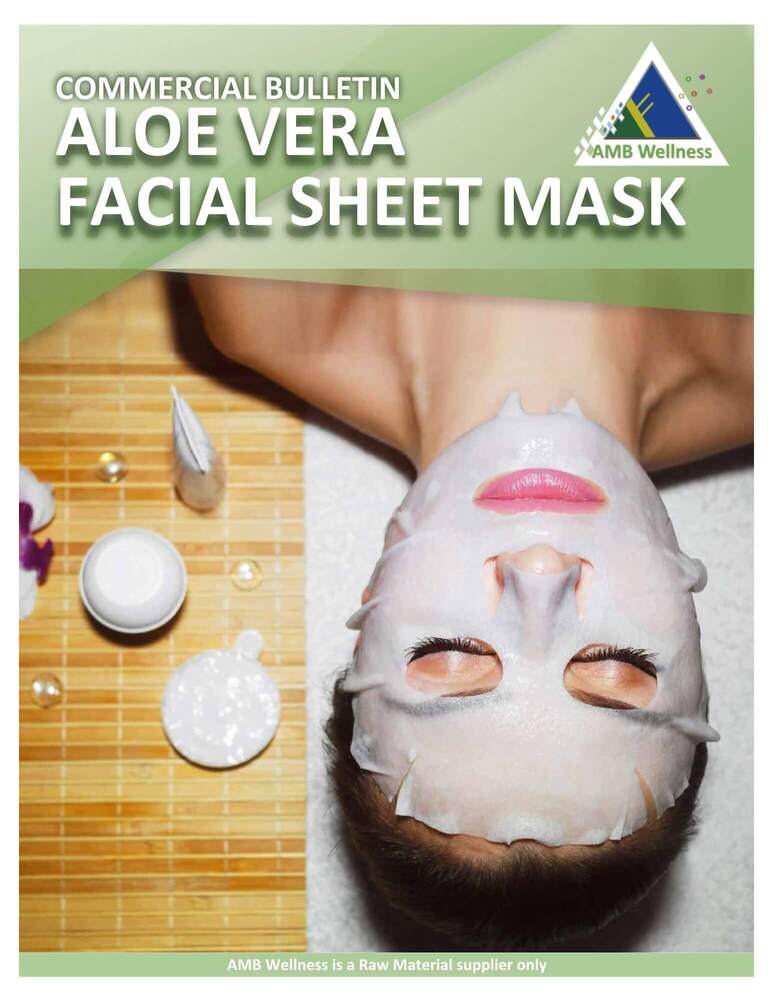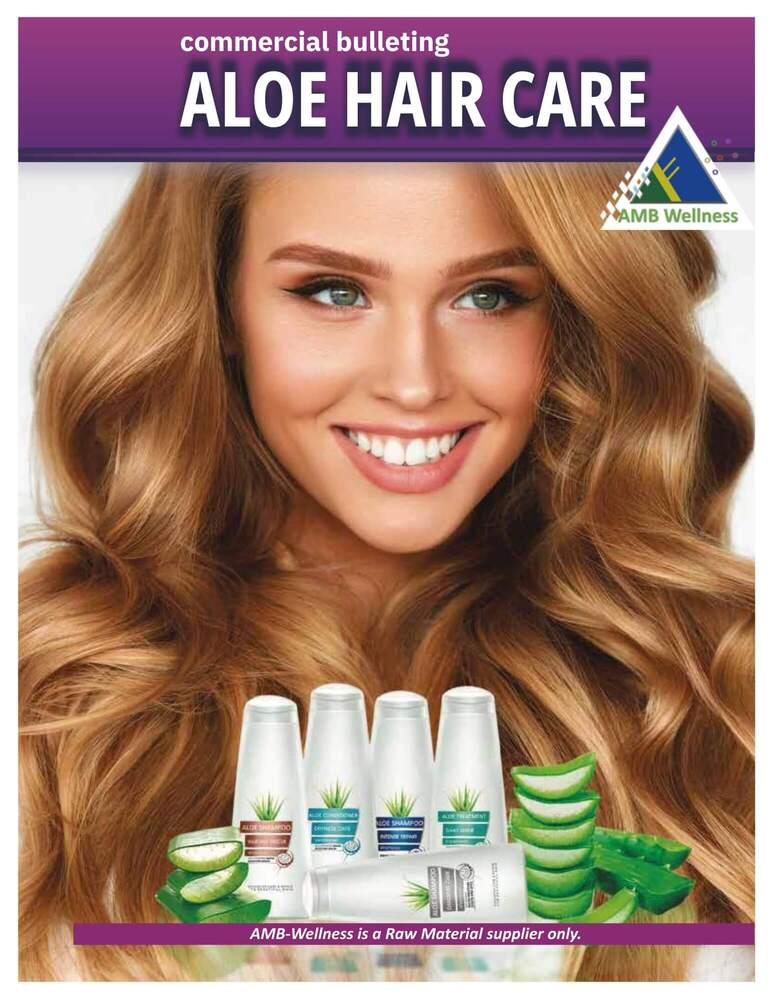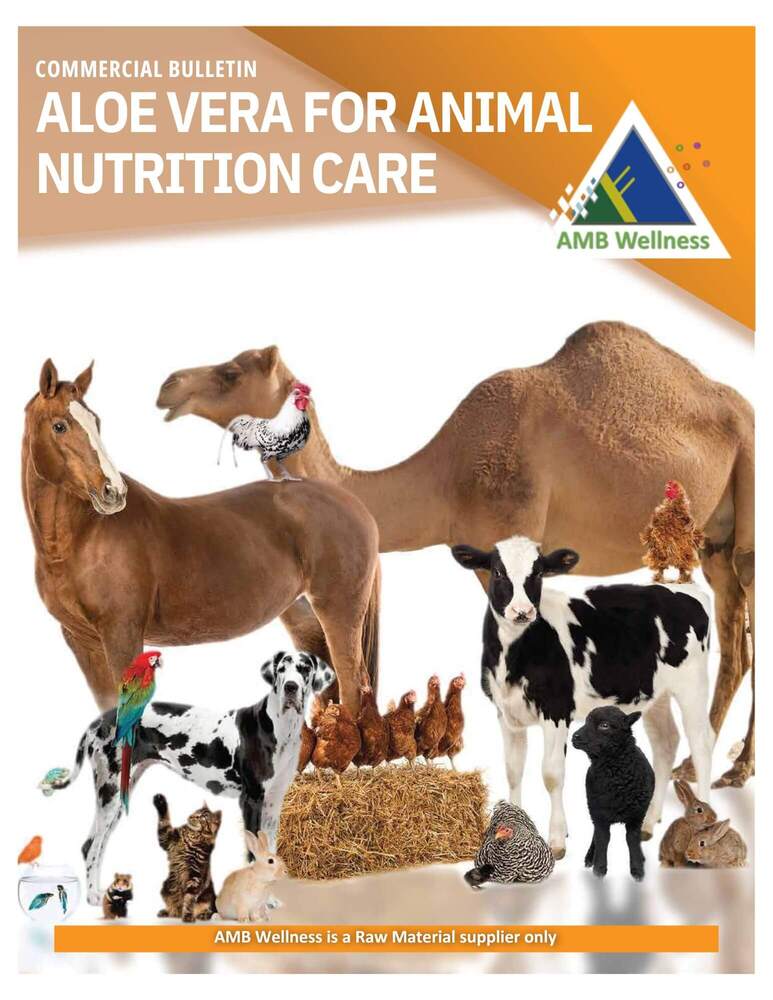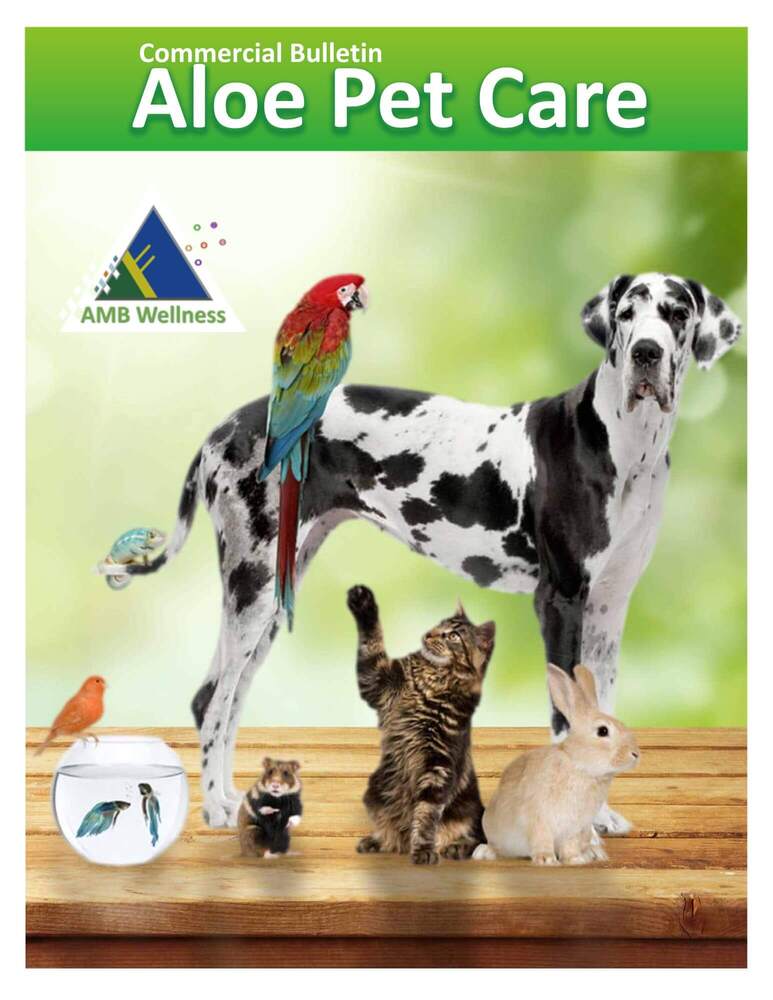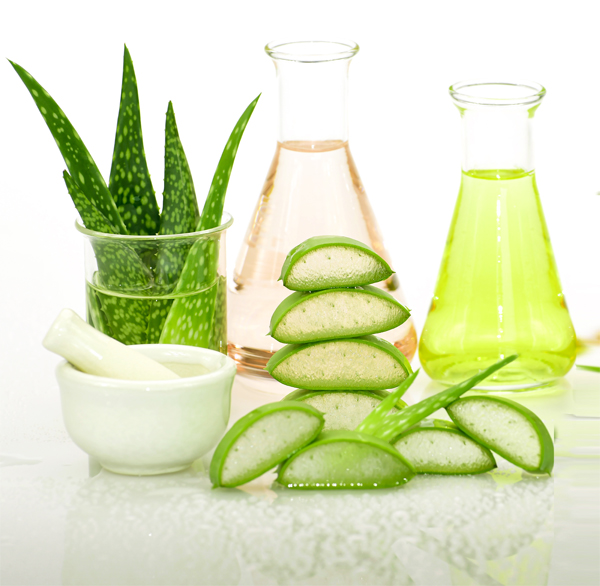Authors Santosh Kumar, Sweety Kalita, Abhijit Das, Pradip Kumar
Wastage of perishable foods is an enormous challenge in the food sector, and it requires effective mitigation strategies, Aloe vera is good for edible coating for its antimicrobial, antioxidant, anti-inflammatory and other functional properties, Aloe vera bioactive components aids to applications in food especially in preservation and packaging. A. vera and its various active components are being used as preservative in biopolymer-based edible films and coatings for extending shelf life of perishable food items as sustainable alternatives to synthetic chemicals, as a natural food preservative, A. vera can protect food products from oxidative and microbial deteriorations, improve their texture, and enhance nutritional/health-promoting value, extension of postharvest shelf-life of these perishable foods is paramount to growth and prosperity of their producers, handlers, processors, and to health of the consumers, addition of preservatives and coating or packaging of perishables foods are effective ways to enhance their quality and prolong their shelf-life, sustainable alternatives, biopolymers-based packaging films and coatings, and natural plant-based preservatives have been gaining attention for food applications, Numerous researchers have been working on biopolymers such as starch, chitosan, gelatin, alginate, etc., incorporated with A. vera to develop active, edible, biodegradable food packages, such food packaging / coating have been used for postharvest shelf-life extension of fresh fruits and vegetables, In order to improve effectiveness of the A. vera as an active ingredient, encapsulation of active agents has also been explored for food packaging applications

